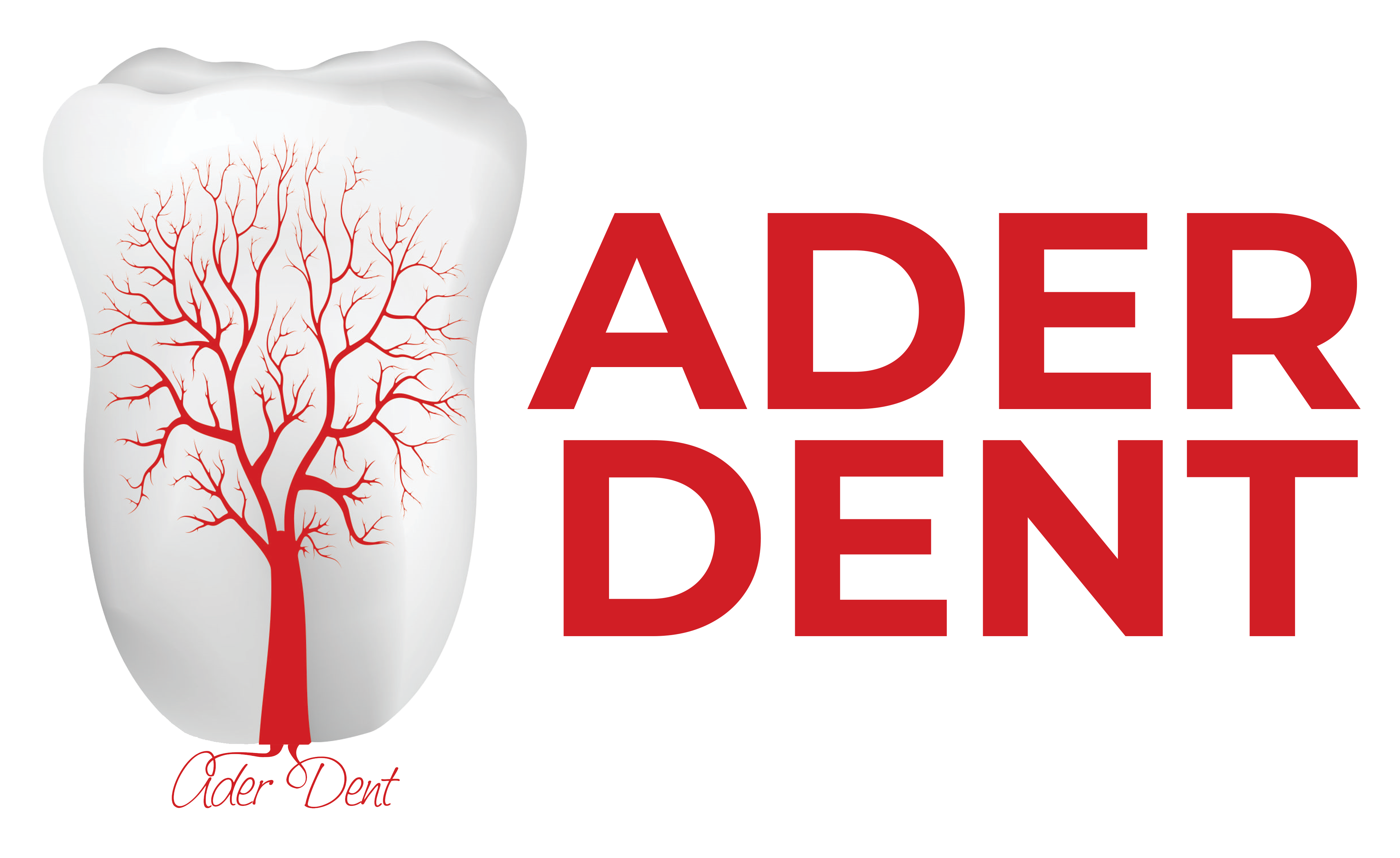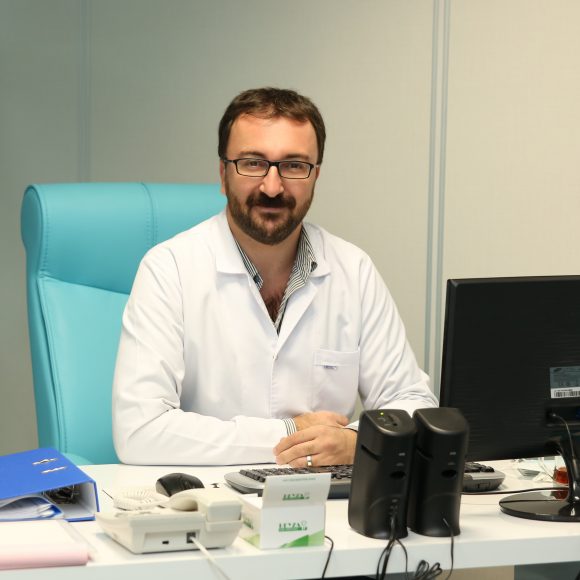Protecting dental health is especially important during childhood. Preventing cavities, instilling proper oral hygiene habits, and applying early preventive treatments help keep teeth healthy. So, what are preventive treatments and how are they applied in children? Here’s what you need to know!
Preventive treatments are procedures aimed at protecting teeth from cavities. These treatments are designed to prevent decay and play a critical role in ensuring that permanent teeth develop healthily in children.
What Is a Fissure Sealant?
A fissure sealant is a protective application that covers the deep grooves and pits on the chewing surfaces of teeth, preventing bacteria from accumulating in these areas. It is typically applied around age 6, when permanent molars begin to erupt. The sealant is applied without damaging the tooth and reduces the risk of decay while protecting the tooth surface. The application is quick and painless, and especially beneficial on chewing surfaces where the risk of cavities is higher.
Topical Fluoride Application
Fluoride strengthens tooth enamel and makes it more resistant to decay. Topical fluoride application is recommended from the time baby teeth begin to erupt. This treatment is carried out in just a few minutes using special gels or trays provided by a dentist.
Since children’s teeth are more prone to decay, fluoride treatments help them build resistance. After the full set of baby teeth has erupted, fluoride application is typically recommended every six months. This treatment is highly effective in preventing cavities and maintaining healthy teeth.
Benefits of Preventive Treatment Methods
- Prevention of Cavities: Fissure sealants and fluoride treatments help prevent the formation of cavities in teeth.
- Preservation of Dental Health: Strengthening tooth enamel leads to stronger and healthier teeth.
- Early Intervention: Preventive treatments in childhood help avoid serious dental issues later in life.
When Should Preventive Treatments Be Applied?
Preventive treatments should be applied periodically after children's teeth begin to erupt. These treatments should start at an early age to effectively protect against cavities. Dentists monitor children’s dental development and apply preventive treatments at appropriate intervals.
The Importance of Regular Brushing and Oral Hygiene
For preventive treatments to be effective, it is essential to establish a regular and proper brushing routine. Especially in children, brushing removes bacterial plaque and food particles, helping prevent decay. Fissure sealants and fluoride applications alone are not sufficient; their success depends on good oral hygiene.
Brushing teeth at least twice a day, especially before bedtime, prevents the growth of harmful bacteria in the mouth. Additionally, parents should supervise their children's brushing techniques and guide them, playing a critical role in maintaining dental health.
Nutrition Habits and Preventive Treatments
Eating habits are also crucial in maintaining children’s oral health. Sugary and acidic foods accelerate bacterial growth in the mouth and increase the risk of cavities. Establishing healthy eating habits alongside preventive treatments improves the durability of teeth.
Reducing sugary snacks, especially during between-meal times, and choosing calcium-rich foods such as milk and yogurt help strengthen tooth enamel. Therefore, preventive treatments should be supported by balanced and healthy nutrition in children.
This way, teeth are protected from external factors and develop in a healthy manner. For preventive dental care and proper nutrition guidance, you can get support from the Pendik dental clinic and manage the process effectively.


 TR
TR







